Today is World Ocean Day. Our oceans are crucial for our survival. It provides 50% of our oxygen, influences the Earth’s weather systems, and is large carbon sink. However, the ocean can only offer these services when its ecosystem is in balance. The more life present in an ecosystem, the more resilient it becomes, which includes food chains and biological systems, such as the interactions among marine life, plant life, and coral reefs (1).
But marine life suffers in a big way.
According to the United Nations Food and Agricultural Office (FAO), approximately 85% of global fish stocks are currently overexploited, depleted, or recovering from exploitation (2).
Jason Hickel, author of the book; Less is More: How Degrowth Will Save the World states; “most of this is due to aggressive overfishing: just as with agriculture, corporations have turned fishing into an act of warfare, using industrial megatrawlers to scrape the seafloor in their hunt for increasingly scarce fish, hauling up to hundreds of species in order to catch a few that have market value, turning coral gardens and colourful ecosystems into lifeless plains in the process. Whole ocean landscapes have been decimated in the scamble for profit(3).
Within this system of unsustainable fishing, an estimated 300,000 whales and dolphins fall victim to fisheries bycatch each year. This comes at a time when six out of 13 great whale species are classified as endangered or vulnerable (4).
As marine life continues to be overexploited, the ocean’s ecosystem becomes increasingly degraded, affecting all of us. The ocean and the life that dwells within it are significant parts of our support system. We are not apart from nature; we are A PART of nature. Choosing to look the other way doesn’t make this problem disappear. Consciously choosing to eat less fish, picking up garbage, participating in beach clean-ups, refusing single-use plastic, and even opting not to go on a cruise brings us one step closer to helping the planet heal. This is our north star guiding us back home.
On a positive note, Indigenous leaders from the Pacific Islands are now working with governments to pass a law to grant personhood to whales to ensure their freedom of movement without enduring “mental suffering caused by human activities,” and the entitlement to inhabit a healthy environment “free from pollution, unsustainable fishing practices, ship strikes and climate change.”
If you want to advocate for whales to live freely, you can sign this petition created by avaaz.org.
References:
1. GenV. 2021, November 30th. “What Is Marine Life and Its Importance? Facts and Statistics.” www.genv.org. https://genv.org/marine-life/
2. Oceaneos. “Collapsing Fisheries – Have We Reached The End Of The Line?” www.oceaneos.org. https://oceaneos.org/state-of-our-oceans/collapsing-fisheries-examples-of-different-species/
3. Hickel, Jason. Less is More: How Degrowth Will Save the World. United Kingdom. Penguin Random House UK. 2020.
4. World Wildlife Fund. “Mitigating Bycatch: Policy Innovation to fight growing fisheries bycatch in the Indian Ocean.” www.wwf.org. https://wwfwhales.org/news-stories/mitigating-bycatch-policy-innovation-to-fight-growing-fisheries-bycatch-in-the-indian-ocean
5. Depenbrock, Julie. 2024, April 3rd. “Indigenous leaders want to protect whales by granting them legal personhood.” www.npr.org. https://www.npr.org/2024/04/03/1242451885/whale-personhood-climate-change-polynesia-maori-new-zealand


